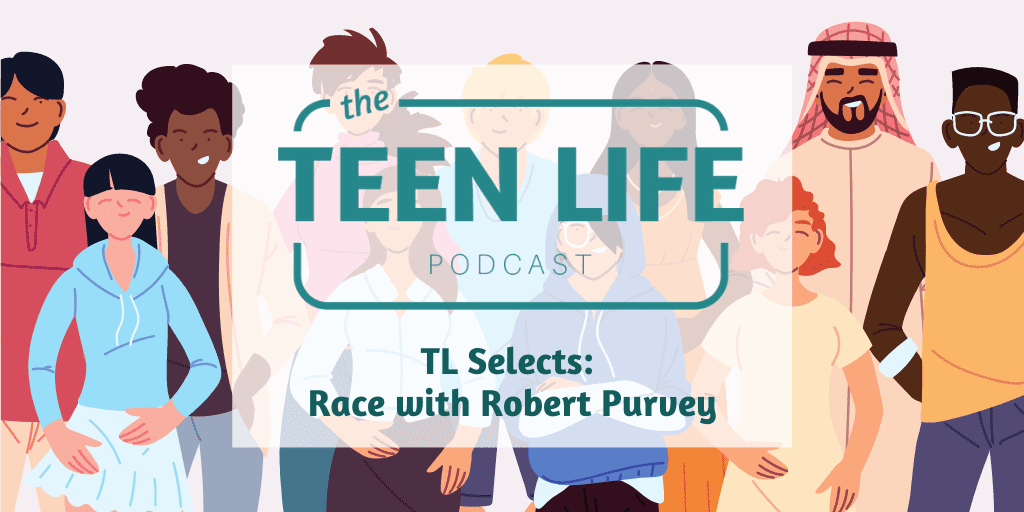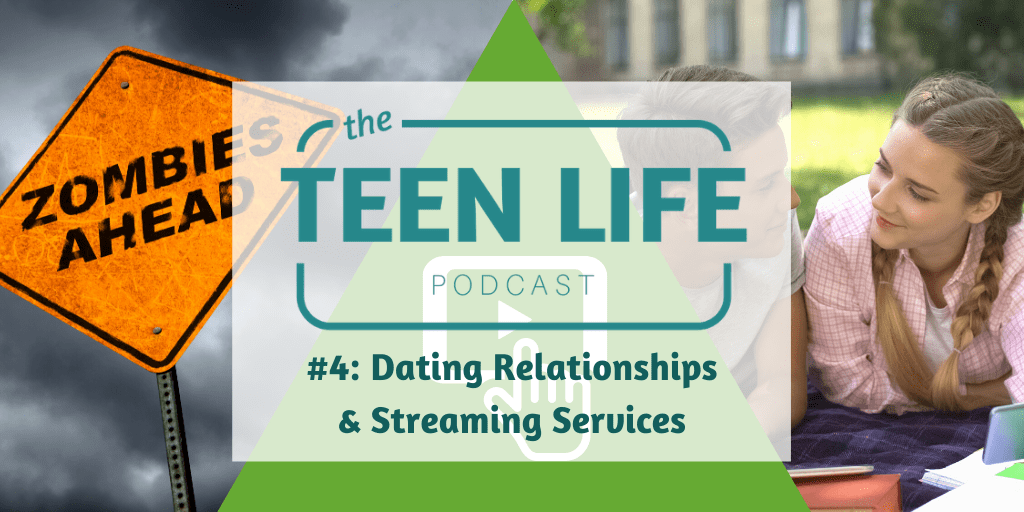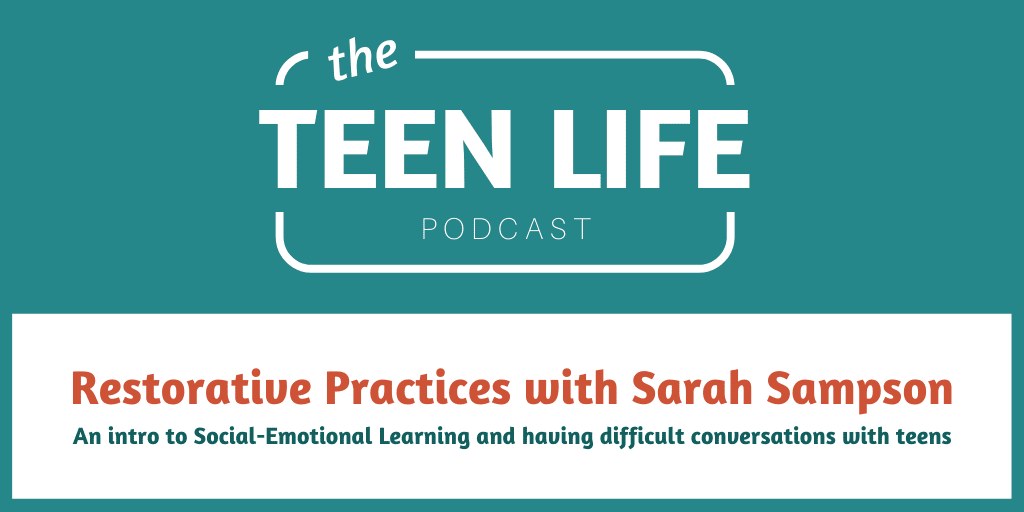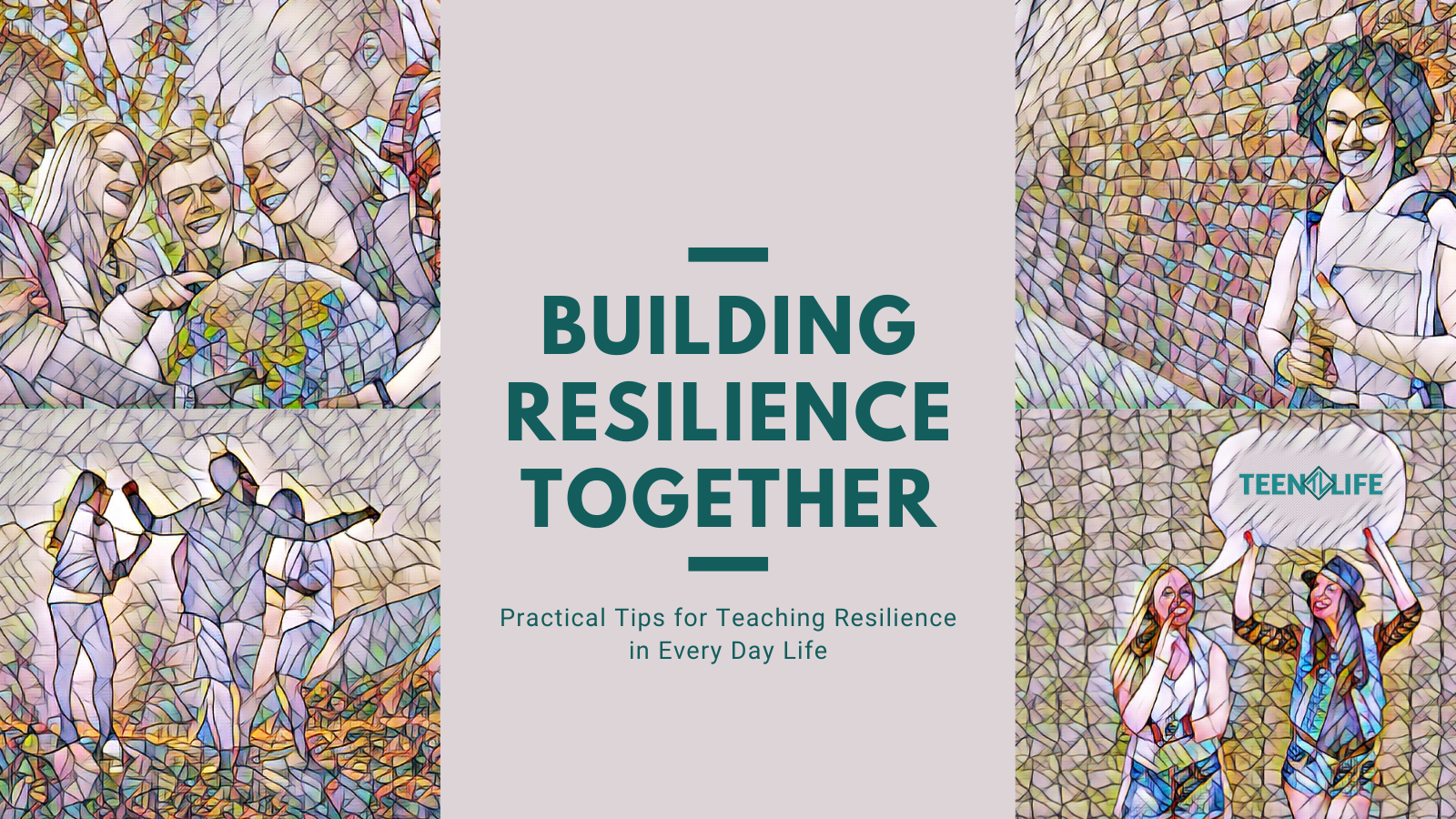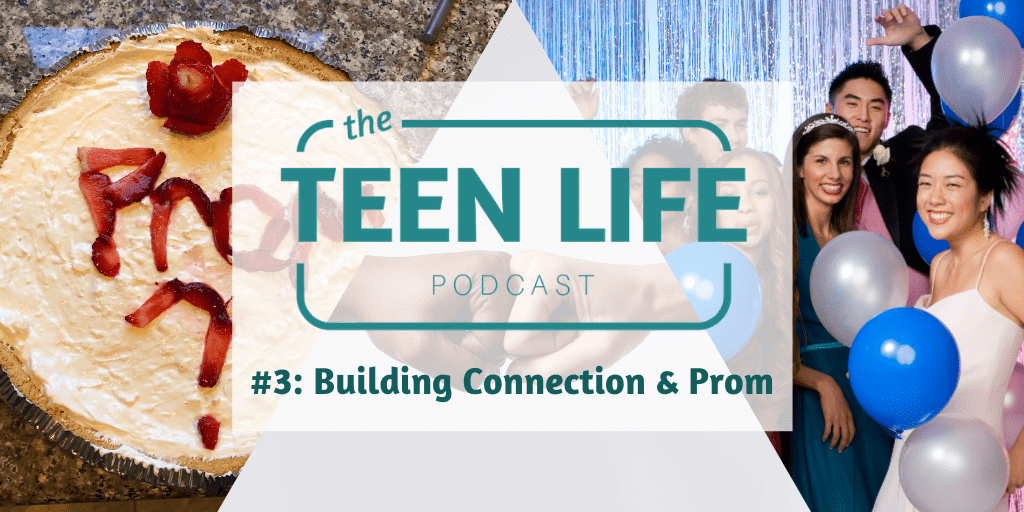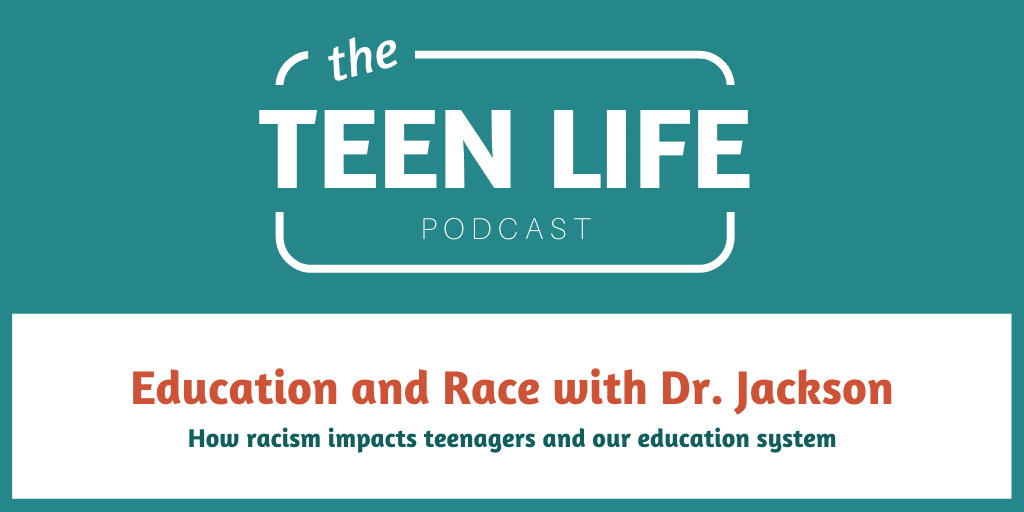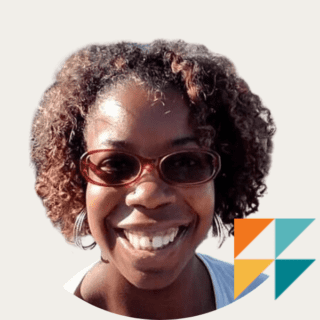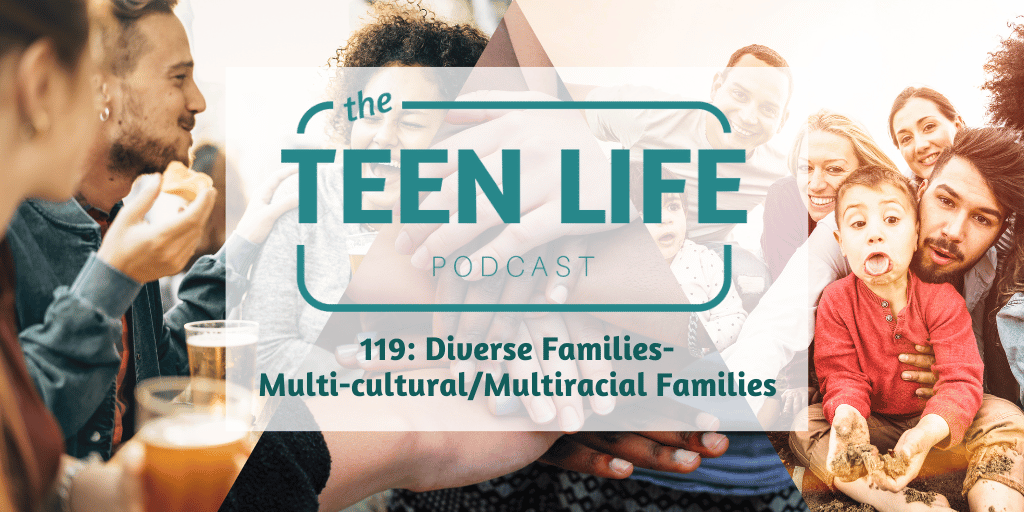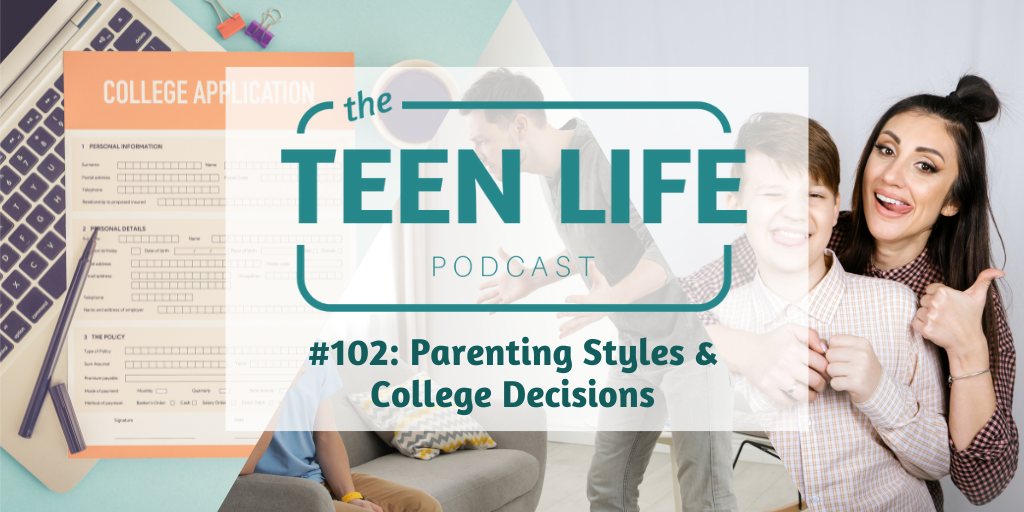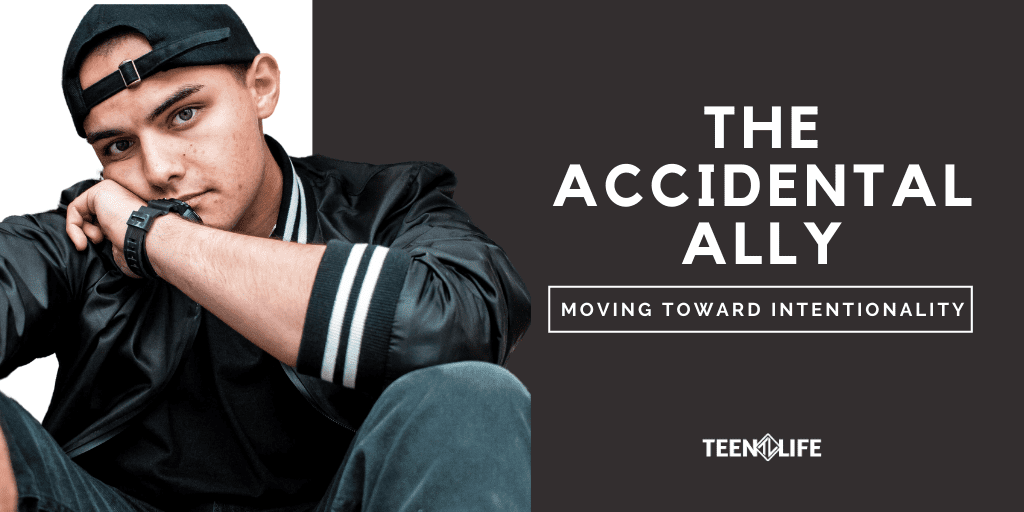I remember getting the late night phone call that two young men from the youth group I led had been arrested and put in jail. They were African American brothers who lived with their very conservative grandmother. On top of being in jail, they had also found out that their grandmother kicked them out of the house, so now they were homeless.
They had gotten into a fight at a local gas station that was racially charged, and one of them used his belt buckle as a blunt weapon defending himself. The local police department arrested them on the ambiguous charge of “Suspected gang violence”.
At the time I was pretty young, single, and lived in a rather large, church-owned parsonage. To me it made a lot of sense for these guys to have a safe spot to lay low and let things simmer down with their families. The problem was, I wasn’t family and I didn’t know how to make that happen.
So, I contacted a local attorney that I knew to take their case pro-bono. He bargained with the DA for the brothers to be under my care for six months with certain stipulations (I.E. getting a job, going to school, obeying a curfew) in exchange for their release and reduced charges.
With that started some of the most important six months of my life learning more about what it meant to be a young black teenager in a small town. I learned about systemic racism, fatherlessness, inequities in the education system, and police brutality. My life was never the same.
But, this post isn’t about that. I’ve been thinking a lot about this period in my life lately, for good reason. I’m so thankful for those months of learning and laughing with those guys. Yet there has been another question nagging me as I’ve considered race in our country – why was it so hard for them, yet so easy for me?
These guys got into a scuffle at a gas station. The video footage showed that it wasn’t much at all, but it was a fight. And it ended up with them in prison, homeless, and with multiple school suspensions. Their entire futures were put in jeopardy for a fight.
I on the other hand was living in a home, basically rent-free, that was WAY too big for me. All I had to do was make a few phone calls to find the right people to help. And for some reason, the DA considered me trustworthy enough to release them to my custody, even though I wasn’t family.
You see, the more I think about this story, it wasn’t that I was special.
I was white.
There should have been zero reason those brothers would have been released to me with such ease. Local law enforcement asked very few questions. There was no house visit. It was just a brief meeting with me, the DA, and their attorney.
For those who do not believe white privilege exists in this country, I ask you to be more self reflective. I’ve always loved thinking back on this time, but what I should have been thinking about is how inequitable everything was. Why was I so easily able to pull strings for their release, yet the hammer fell so hard on their shoulders for a mere fight?
You see, I was an accidental ally. I, through my whiteness stumbled into a situation where my whiteness was able to benefit a person of color. Yet, white privilege was so strong in my mind that I didn’t even understand the inequities I was up against, and yet still used my whiteness to get what I thought was just and right.
I write this during a time of great upheaval in this world along the lines of race. Hard questions are being asked of white people and systems that we have been ignoring for far too long. In so many areas, I’ve been an accidental ally – a white person willing to help when asked, and feel good about myself when my whiteness creates better outcomes for people of color. Most of the time I don’t even realize I’m doing it.
That is how powerful white privilege is.
In this particular story, I was merely an ally. I helped and I learned, but I didn’t use what I learned to challenge the system on behalf of my friends. Now it’s time to be less an ally, and more a co-conspirator. That is, locking arms with my friends of color and using my privilege to affect change at the systemic level.
We at Teen Life believe there is much to be done in the arena of public education in terms of race and equity. As an organization, we believe we can do better in naming race and injustice in the schools we serve and work towards better, anti-racist policies – especially around discipline, justice, and mental health. We want to do this on purpose, and with conviction.
But this is the lane we operate in. Think about where you operate and serve. What do you care about? How are the organizations you care about asking the hard questions around race and equity? How can you be asking hard questions around race and equality to affect positive change in your arena?
We would love to engage with you on this – please comment below with your response!
